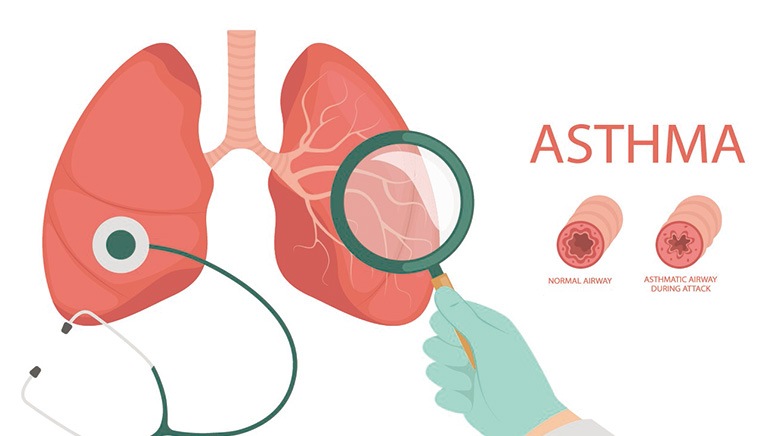Overview

Asthma is an inflammatory disease that causes the respiratory tract to swell and constrict, impairing a person’s ability to breathe well. Most asthma cases can be controlled by avoiding known triggers and taking prescribed medications.
This is not enough for some types of asthma. If you have asthma that does not respond well to standard asthma control measures, your asthma is considered severe. Most asthmas are not severe. Of the over 26 million [1] Americans who have asthma, only around 10 percent [2] have severe asthma. According to the World Health Organization [3], severe asthma can be grouped into three categories: hard-to-treat asthma, therapy-resistant asthma, and untreated asthma.
Signs that you have severe asthma include cough, pain or tightness in your chest, wheezing that continues after you have treated it, and worsening shortness of breath. The symptoms of severe asthma often resemble those of regular asthma, except that they are worse and are potentially more life-threatening.
Severe asthmas are usually either difficult to treat or completely unresponsive to treatments. While they may be extremely difficult to treat, there are many ways to bring severe asthmas under control. Doctors will often develop a treatment plan that includes medications and lifestyle changes.
If you suffer from severe asthma, here are some of the treatments available for your condition:













